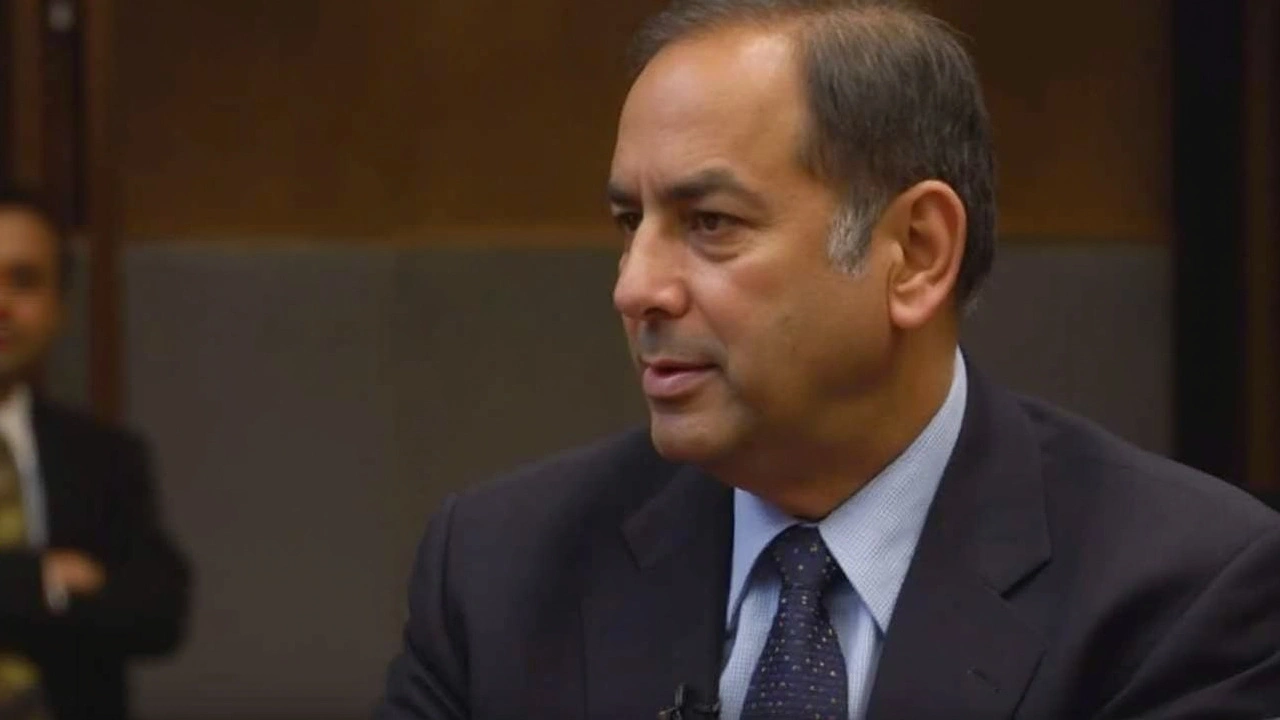Solar Energy Bribery: What’s Really Going On?
When you hear about solar panels popping up on rooftops, you probably think of clean air and lower bills. But behind many of those shiny installations lies a darker side – bribes, kickbacks, and shady deals that hurt both the environment and the public. In the last few years, several high‑profile cases have shown how officials, contractors, and even political parties can profit from corrupt practices in the solar industry.
How Bribes Slip Into Solar Projects
Most solar contracts start with a government tender or a corporate procurement request. That’s where the first opportunity for corruption appears. A developer might offer a cash kickback to a decision‑maker in exchange for winning the bid, even if their proposal isn’t the cheapest or most efficient. Sometimes the bribe comes as an overpriced consultancy fee, a “donation” to a local charity that’s actually a front, or even personal gifts like vacations.
Another common trick is inflating the cost of equipment. A contractor could claim that a certain type of solar inverter costs $500,000 when the market price is $300,000. The extra $200,000 is split between the contractor and the official who approved the purchase. This not only wastes public money but also makes the project less viable in the long run.
In some regions, regulators accept bribes to overlook safety standards or environmental clearances. That can lead to poorly sited farms, illegal land use, or even panels that fail early, causing costly repairs and disappointment for the community.
What You Can Do to Spot and Stop Corruption
First, stay informed. Follow local news portals, transparency watchdogs, and social media groups that track renewable‑energy projects. If you notice a sudden surge in contracts awarded to the same few companies, that’s a red flag.
Second, demand open bidding. When a solar project is announced, request the tender documents, evaluation criteria, and the final award decision. Public agencies are usually required to disclose this information, and a lack of transparency often signals foul play.
Third, support third‑party audits. Independent auditors can verify that the equipment installed matches the specifications and that the costs are reasonable. If you’re an investor, ask for audit reports before committing funds.
Finally, talk to your neighbors. Community members who live near a new solar farm can observe whether the promised benefits – like job creation or reduced electricity rates – actually materialize. Sharing observations helps build pressure on officials to keep projects clean.
Corruption in solar energy isn’t just a moral issue; it directly harms the goal of a greener future. By staying alert, asking questions, and insisting on transparency, you can help keep the solar boom honest and beneficial for everyone.
